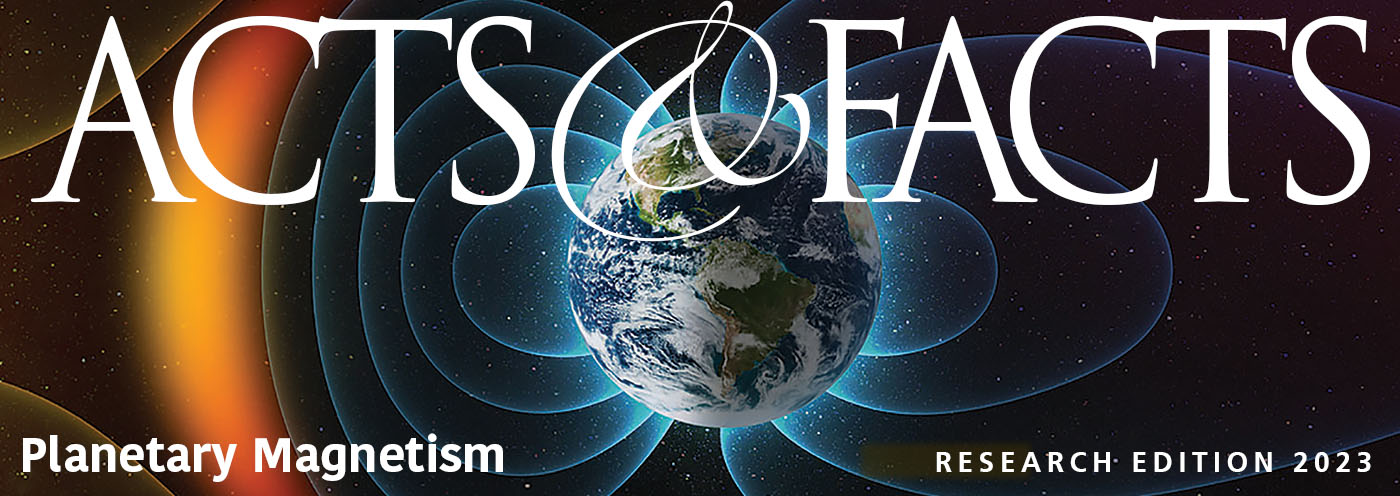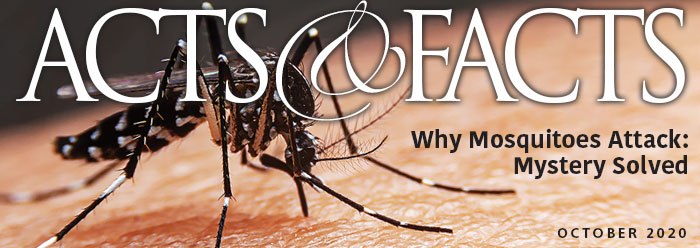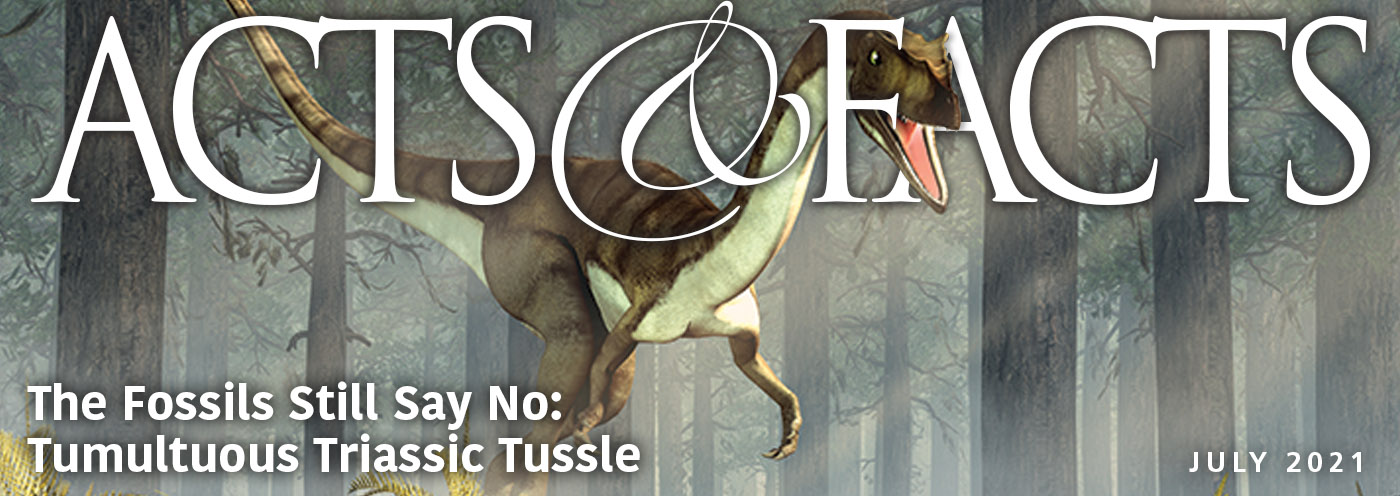The Sacrifice of Praise
by Henry M. Morris, Ph.D.
"By him therefore let us offer the sacrifice of praise to God continually, that is, the fruit of our lips giving thanks to his name." (Hebrews 13:15)
A sacrifice is a costly thing. But the sacrifices which God desires are not merely animals on an altar, or fruits of the harvest, or gifts of money and goods. "The sacrifices of God are a broken spirit" (Psalm 51:17). "For I desired mercy, and not sacrifice; and the knowledge of God more than burnt-offerings" (Hosea 6:6). "I beseech you therefore, brethren, by the mercies of God, that ye present your bodies a living sacrifice" (Romans 12:1).
But how can praise and giving thanks to His name be considered a sacrifice? This is "the fruit of our lips." The ancient prophet even called it "the calves of our lips" (Hosea 14:2). To bear the fruit of praise on our lips means sowing the seeds of praise in our hearts, "for out of the abundance of the heart the mouth speaketh" (Matthew 12:34).
Note that the sacrifice of praise must be offered continually to qualify as a true sacrifice. "Out of the same mouth proceedeth blessing and cursing. My brethren, these things ought not so to be" (James 3:10). "Let your speech be always with grace" (Colossians 4:6).
Consider the example of Paul and Silas: After casting them into prison for preaching the gospel, "the magistrates rent off their clothes . . . laid many stripes on them . . . and made their feet fast in the stocks" (Acts 16:22-24). Yet, instead of cursing or complaining, "at midnight Paul and Silas prayed, and sang praises unto God" (Acts 16:25).
That was a genuine sacrifice! "In every thing give thanks" (1 Thessalonians 5:18). No matter how difficult the circumstances, those who know the Lord always have much for which to praise His name and so should offer such sacrifices continually. HMM
This article was originally published October, 2009. "The Sacrifice of Praise", Institute for Creation Research, https://www.icr.org/article/4900/ (accessed July 01, 2025).






